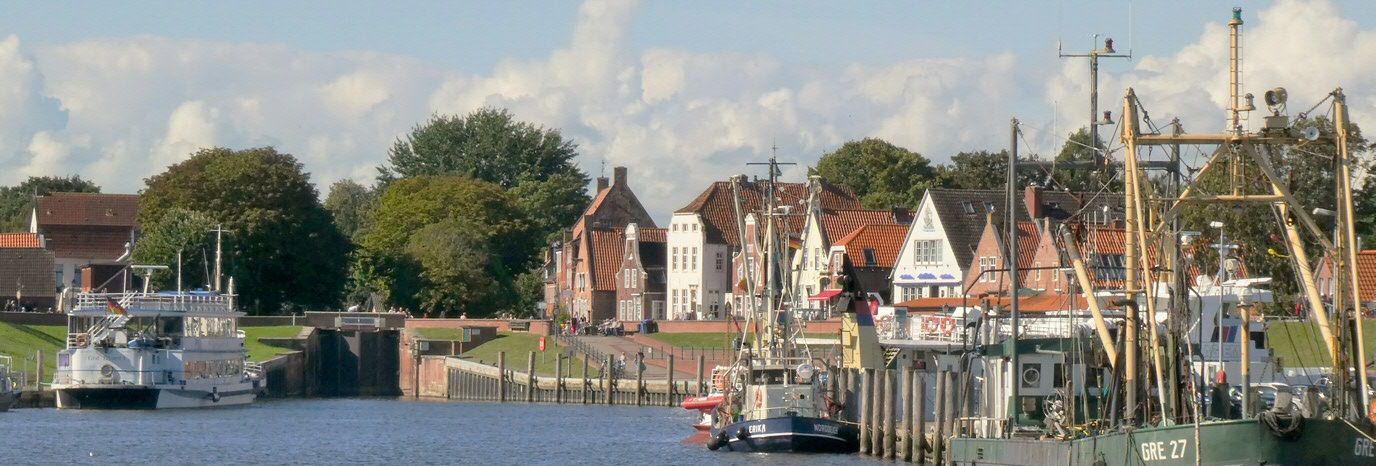University Minor: The Frisia region

This Minor programme is designed to provide an environmental, socio-economical, historical and cultural introduction in the region historically known as ‘Frisia’. It comprises the coastal regions of the Netherlands and North-Western Germany, including the Wadden Sea. With Groningen as its modern cultural and academic heart, this region is characterised today by a unique ecological and linguistic landscape and a distinct culture and history that goes back for at least two thousand years. Divided by three nation states and several administrative districts (provinces, Bundesländer, Kreise), and home to various regional varieties of the Germanic language family, this sub-national region has managed to retain a distinct identity that is internationally recognisable. The essence of this Minor is to connect and integrate insights across intellectual disciplines in a systematic and grounded way to understand how and why this region evolved as it did.
Content
With three themes, Landscape, Societies and Voices, students taking this Minor bridge the academic divides between traditionally autonomous disciplines. The Minor is taught in English by active researchers who are open to interdisciplinary connections in their work. It will equip students with a comprehensive understanding of historical, environmental, socio-economical and cultural processes that have shaped this region, and will open up new models of area studies that are applicable elsewhere. Studying ‘Frisia’ in its modern academic heart will allow students the opportunity to undertake field work or extend their studies to museums and archives.
For whom?
The University Minor of Frisia Studies is a multidisciplinary, interfaculty Minor. This means that its courses are taught by lecturers from different faculties and the programme is open to Bachelor students from all faculties.
Structure
The Minor covers the first semester. Each theme within the University Minor of Frisia Studies consists of a 10 ECTS module. The modules share a didactic approach. The first part of the semester (period 1a) consists of regular lecture sessions in Groningen and Leeuwarden. The second part (period 1b) consists of visits to relevant institutions, such as research and other public institutes, museums, as well as field excursions. Modules can be followed independently, but some logistic overlap may occur, in particular in period 1b. Credits for the modules will be assigned on the basis of a presentation and a written test for each module.
Landscapes in Frisia (10 ECTS)
This module will focus on the geological and natural processes that have shaped the landscape of the coastal region as it was once inhabited by Frisians, with emphasis on the areas along the Wadden Sea – since 2009, a cross-border UNESCO Natural World Heritage site. How did this landscape evolve? What makes it unique today? What future threats does climate change impose on it, and how can we cope? The module will subsequently focus on the way in which the inhabitants of the northern Dutch and German territories have shaped and used the landscape. As a result, virtually all landmarks are man-made, or the unforeseen results of human activity. What do archeology and geography tell us about the usage and shaping of the landscape over time? What future developments may be expected? How will they affect the landscape, and how do we protect its core values at the same time?
Societies in Frisia (10 ECTS)
This module will focus on the development of wealth and welfare in the northern Dutch and German areas. In the first millennium, a vast trade network was established around the North Sea in which the Frisians played a key role – the North Sea was once dubbed Mare Frisicum. Where do we stand today, when inhabitants of the northern areas are among the least prosperous of their nation states? These socio-economic developments are embedded in a shifting political landscape: from Frisia under the Roman domination of Europe and until today’s developments towards a distinct region within the European Union. The region has gone through fundamental changes in its social and economic structure over the last 100 years, from an agricultural society to a post-industrial society with a strong position for tourism.
Voices in Frisia (10 ECTS)
The third module will focus on the linguistic and cultural diversity of the region in the area historically known as ‘Frisia’. Traditionally associated with the language known as Frisian, the area has witnessed dramatic linguistic changes and developments, from Old Frisian and Middle Low German, in its various dialects and forms, to their modern varieties, and from relative linguistic homogeneity to a very heterogeneous landscape of languages.
This course offers an overview of key concepts in language and culture, with a focus on applying them to offer deeper understandings of current events. By using concepts from the scientific fields of linguistics and anthropology, we see how language and culture saturate human affairs. The course will address the linguistic and cultural diversity in the historical ‘Frisia’ region.
Registration
Students have to register for the whole Minor as well as for the course units of their choice within the Minor via Progress in Spring. More information about the enrolment procedure.
More information
For any questions, please contact the coordinator of the Minor via email: a.p.versloot rug.nl.
